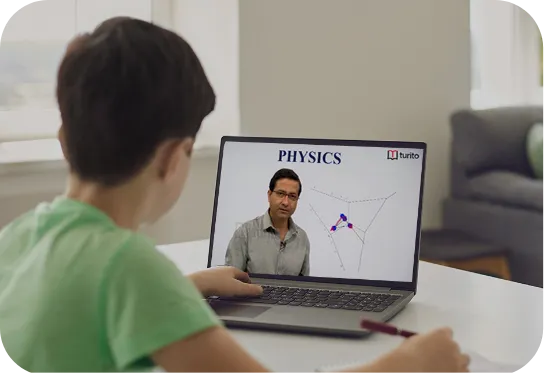Nouns:
- There is a big park.
- The tree is near to the pond.
- This weekend I am going to visit an Island.
- I like to go to the beach in summer.
- My father goes to the office daily.
These sentences indicate different people doing different things. It also shows the place, name and particular action.
Noun is the name of any animal, person, place, thing, material and even emotions or ideas.
Types of Nouns:
There are five types of nouns:
- Proper noun
- Common noun
- Collective noun
- Material noun
- Abstract noun
- Proper noun:
- It is the name of any particular person, place, animal or thing.
- A proper noun is a certain person, place or thing that starts with a capital letter.
- E.g., Florida, Harry Porter, Mrs. Jones, Australia, Easter, Titanic, The Bible, Jupiter, etc.
- Common noun:
- A common noun indicates a general name of a person, place, animal, and thing. It names any person, place, thing or idea.
- Common nouns are not capitalized unless they come at the beginning of a sentence.
- E.g.: Teacher, baseball, city, cat, fruit, house, flower, boy, furniture, etc.
- Collective noun:
- It is a noun that alludes to a group or a set of animals, persons or things forming a unit.
- We use singular verbs when thinking of the group as a unit. We use plural verbs when referring to the members as individuals.
- e.g., A slice of pizza, A loaf of bread, A tube of toothpaste, A bowl of soup, A piece of advice, etc.
- Material noun:
- It is the names of materials used as ingredients for making things.
- A material noun is what refers to a material or substance from which things are made.
- E.g.: Wood, cardboard, bricks, cement, paper, leather, diamond, plastic, silver, gold, iron, etc.
- Abstract noun:
- It is the name of ideas, feelings, quality or things which cannot be seen or touched.
- We can not see, hear, touch, smell or taste the abstract nouns.
- They name the actions, events, ideas, states of mind and qualities.
- E.g., Childhood, energy, Happiness, sad, freedom, anger, kindness, guilty, beautiful, etc.
Related topics
Exploring the World of Adjectives: Types, Usage, and Examples
What are Parts of Speech? Parts of speech determine words’ grammatical and semantic position in a sentence. Activity time The parts of speech are nouns, adverbs, conjunctions, pronouns, interjections, adjectives, articles, prepositions, and verbs. Identify the parts of speech of the underlined words in the following sentences. White- Adjective Big- Adjective Exciting- Adjectives New- […]
Read More >>Memoir Writing: Basic Elements, Structures, and Types
Memoir: A memoir is a narrative written from an author’s perspective about a particular facet of his/her own life. ‘Memoir’ word comes from the French word ‘memoire’, which means ‘memory’ or ‘reminiscence’. Example Night: Elie Wiesel gives an account of how he survived his teenage years at Auschwitz and Buchenwald concentration camps during World War […]
Read More >>Identification of Main Idea in Fiction and Non-fiction
Every story or paragraph or non-fictional text has at least one main idea. The MAIN IDEA is what the text is mostly about. (It is backed up or supported by SUPPORTING DETAILS) Before discussing how to find the main idea, we shall first look at TOPIC. Can you define a topic? A topic can be […]
Read More >>Writing an Article: Structure and Essential Tips
What is an article? Structure of Article Writing : Title : Draw the attention of readers with an attractive title and indicate the main topic of the article Introduction : Attract the reader’s attention with a sentence that gives a general presentation of the topic. Main Body : Between these sentences, the body should do […]
Read More >>Other topics







Comments: